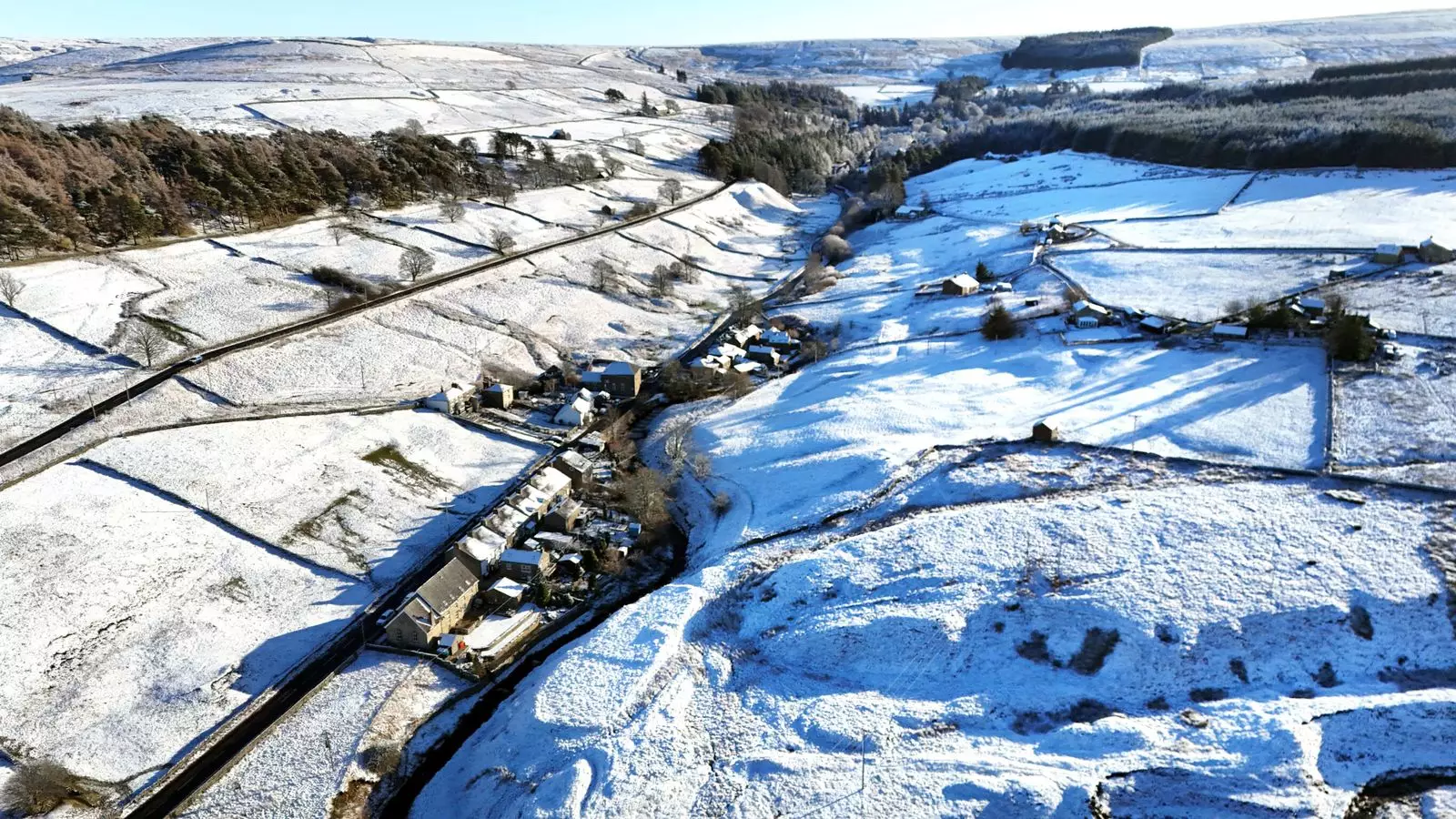As the United Kingdom braces for an arctic snap, forecasters are warning of plummeting temperatures, potentially dropping to as low as minus 8 degrees Celsius. The UK Health Security Agency (UKHSA) has been proactive in issuing cold weather health alerts across all of England, emphasizing the heightened risk for vulnerable populations such as the elderly and those with pre-existing health issues. Amber alerts, which signify a serious weather threat, are anticipated to remain in effect until the middle of next week, indicating a concerning rise in mortality rates if precautions are not taken.
Meteorologist Dan Stroud from the Met Office has noted that these temperatures fall well below the seasonal average, with widespread frost expected to blanket regions from the south to the north of the country. Parts of Wales and southern England may see colder temperatures reaching into the negatives, which raises concerns about the broader implications of these conditions.
The NHS Black Country Integrated Care Board has emphasized the importance of taking precautions during this extreme cold. Their advice includes avoiding outdoor activity during periods of heavy frost and ensuring adequate mobility to prevent falls. Simple measures like choosing appropriate footwear and maintaining a stock of food and medication are vital, especially for the more vulnerable demographics.
In light of the freezing temperatures, local authorities in London have activated emergency protocols to accommodate those experiencing homelessness. These initiatives provide additional shelter and resources aimed at safeguarding individuals from the harsh elements. Such measures are critical, particularly as urban areas contend with increased risks of hypothermia and other cold-related health issues.
In addition to health concerns, the harsh weather is expected to affect transportation significantly. The Met Office has issued multiple weather warnings indicating the likelihood of snow and icy roads, especially across northern and western Scotland, Northern Ireland, and parts of northern England. These warnings also predict considerable snowfall, with accumulations potentially reaching upwards of half a meter in elevated areas.
Heavy snow coupled with strong winds poses risks of snow drifts, which can disrupt travel and lead to hazardous conditions on the roads. Meteorologists are also alerting citizens about the possibility of freezing rain, which can exacerbate the risk of icy surfaces, making both walking and driving treacherous.
This cold snap is not expected to resolve immediately. Stroud indicated that while there could be a slight moderation in temperatures towards the end of the weekend, another downturn is forecasted for early next week. The prolonged cold stretch raises questions about the impact on daily life, particularly in relation to economic factors such as heating costs and the strain on health services already under pressure.
Moreover, the UK has just emerged from a period of significant flooding in Greater Manchester, where heavy rainfall caused extensive disruptions. The dual challenges of flooding and freezing temperatures underscored the unpredictable nature of the British weather, challenging both the authorities and the public to adapt rapidly to shifting conditions.
As colder weather looms, it is imperative for communities to come together, with government agencies, healthcare providers, and local support networks collaborating to mitigate the effects on vulnerable populations. Planning and proactive measures can ensure that, while the temperatures may dip, the warmth of community spirit remains steadfast in the face of adversity.


Leave a Reply